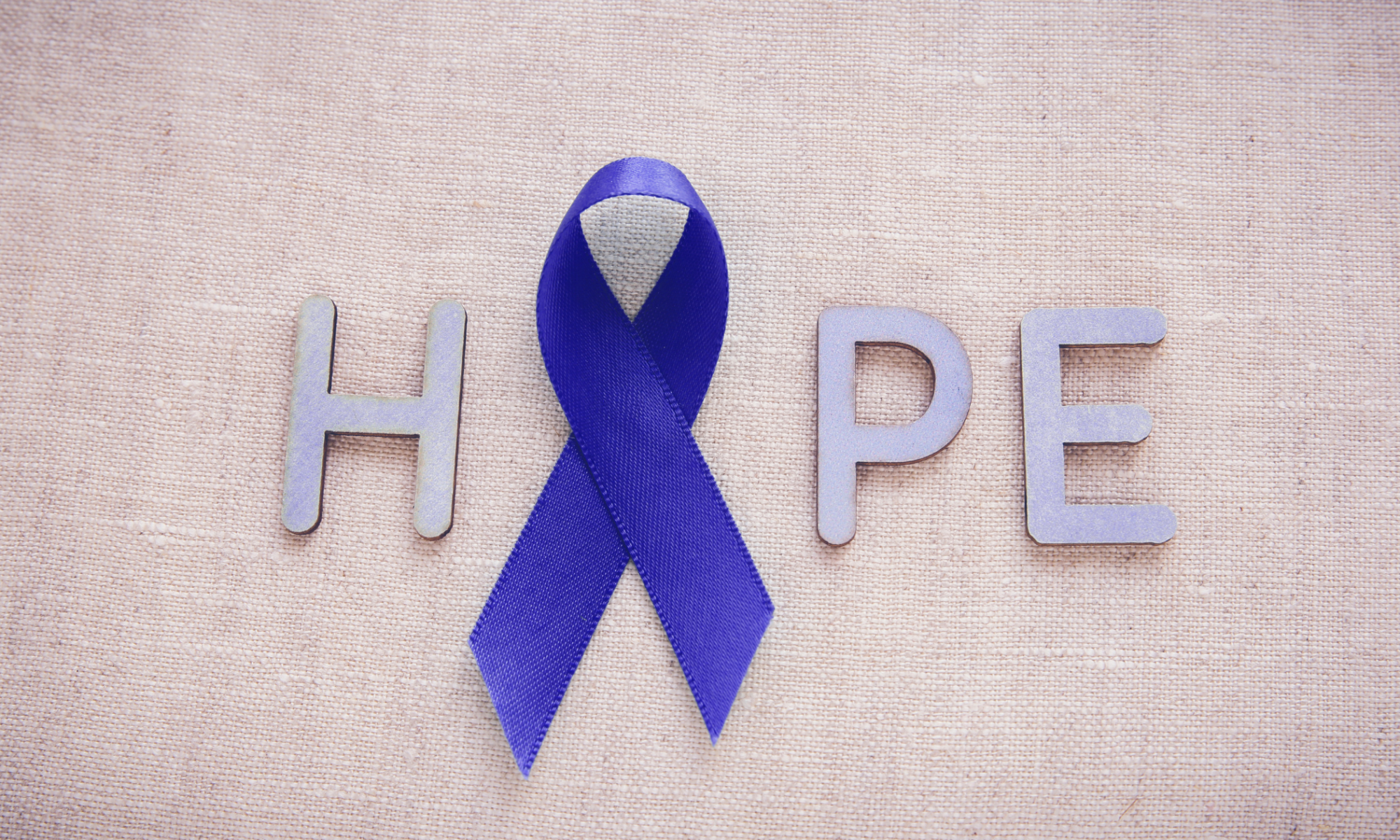March 23, 2021 — As March winds down and Colon Cancer Awareness Month comes to an end, it’s important to know the facts about Colon Cancer. While there have been medical advancements over the years to detect this disease early and lower the death rate, there are still many myths keeping people from taking the proper steps to protect themselves. Here are the top 5 myths about colon cancer:
There is No Way to Prevent Getting Colon Cancer
While there is never a guarantee you won’t get a disease, there are steps you can take to reduce your risk of getting colon cancer. The most important factor in preventing colorectal cancer is to get recommended screenings as advised by your doctor. Colon cancer typically develops from a precancerous polyp, so detecting these growths before they turn into cancer can be life saving. Other than regular screenings, factors such as weight, diet and exercise can improve your chances of staying healthy.
Colon Cancer is an Older Man’s Disease
Colon cancer affects men and women equally, and of the 53,000 people who will die this year, about half will be women. While the disease affects those of all races, ethnic groups in the United States are even more at risk. The number one risk factor is age. However, in recent years there has been an increase of younger people being diagnosed.
Colon Cancer is Always Fatal
The earlier colon cancer is detected, the greater the likelihood of successful treatment. Unfortunately, many people are not diagnosed in the early stages and the cancer has spread to other parts of the body, which is why screenings are incredibly important – even if you don’t have any symptoms.
If I Don’t Have Symptoms, I Don’t Have Colon Cancer
Over 50% of people diagnosed with colon cancer show no symptoms. Often, by the time symptoms start, the disease has already advanced. Symptoms like a persistent change in your bowels, rectal bleeding or blood in your stool, persistent abdominal pain or gas, weakness and fatigue, and unexplained weight loss can all be serious symptoms and should not be ignored.
A Colonoscopy is a Difficult Procedure
Many people are apprehensive when it comes to having any type of procedure, especially when it requires anesthesia. However, colonoscopies are not painful and only require a small amount of preparation. The procedure itself takes 10-15 minutes, and you can get back to your normal activities the next day.
During Colorectal Cancer Awareness Month, and all year long, take the opportunity to learn more about the disease and find out how you can prevent colon cancer. With proper screening and early diagnosis, there are many treatment options and successful outcomes. Talk to your doctor about screening options today!




